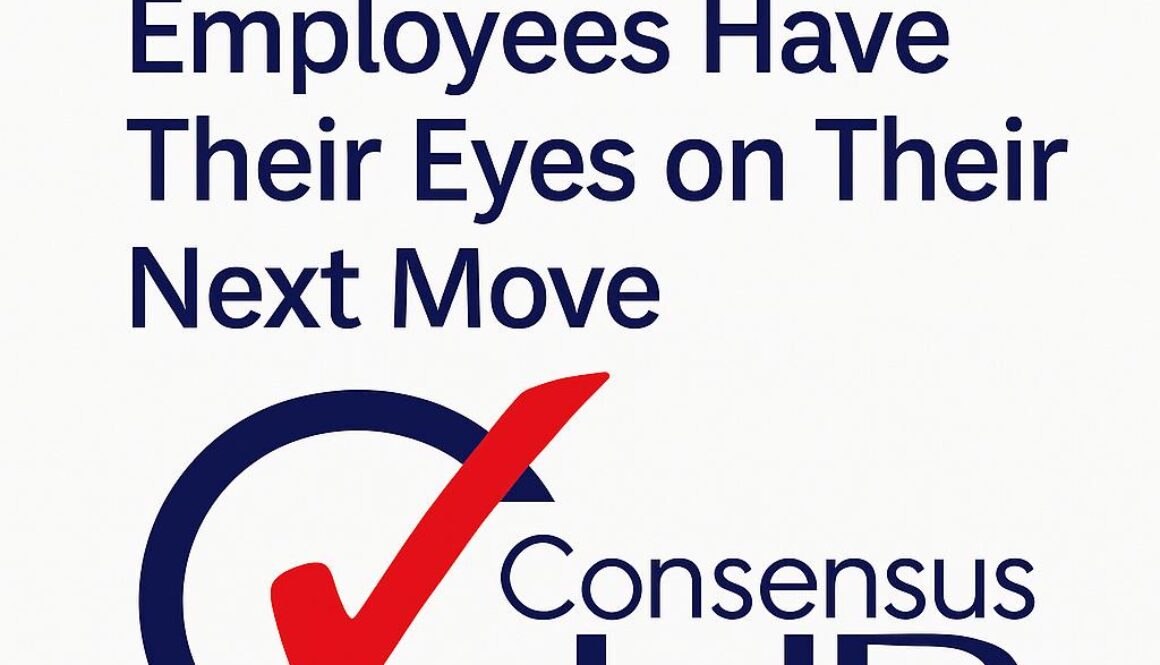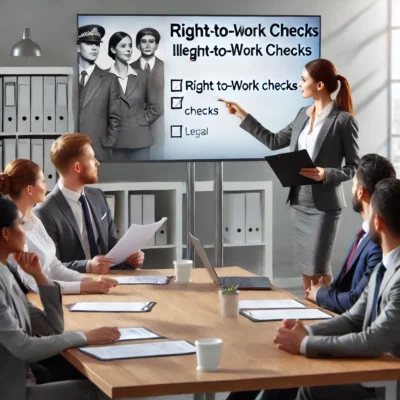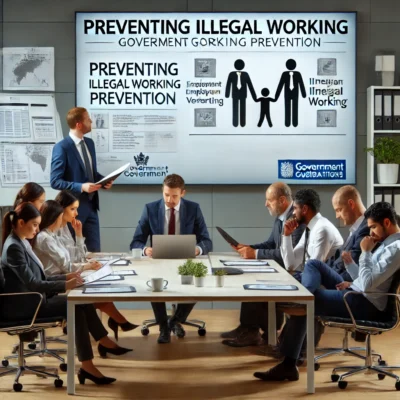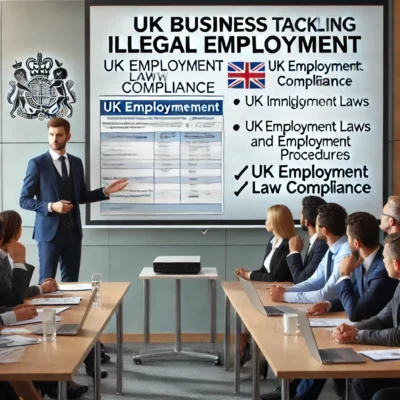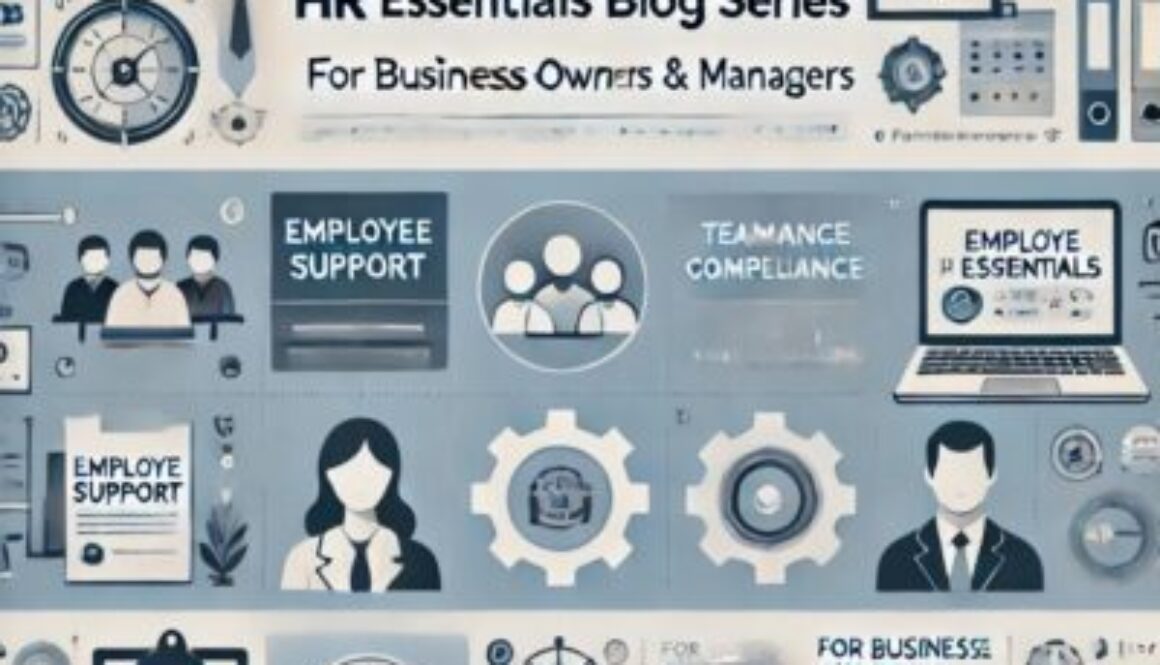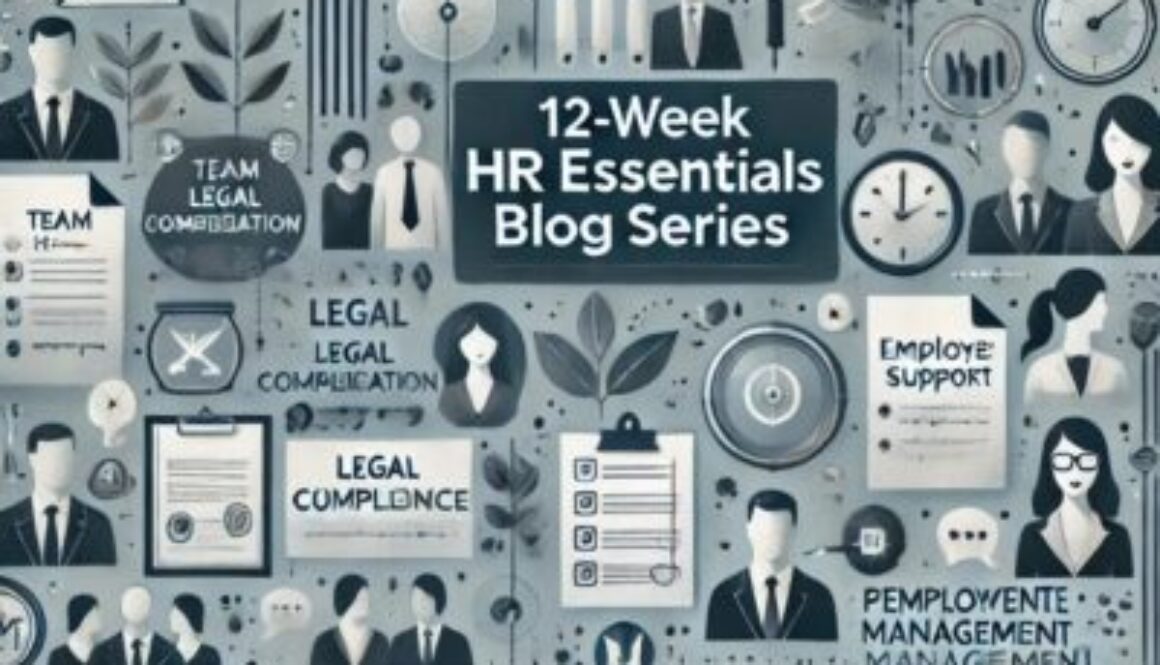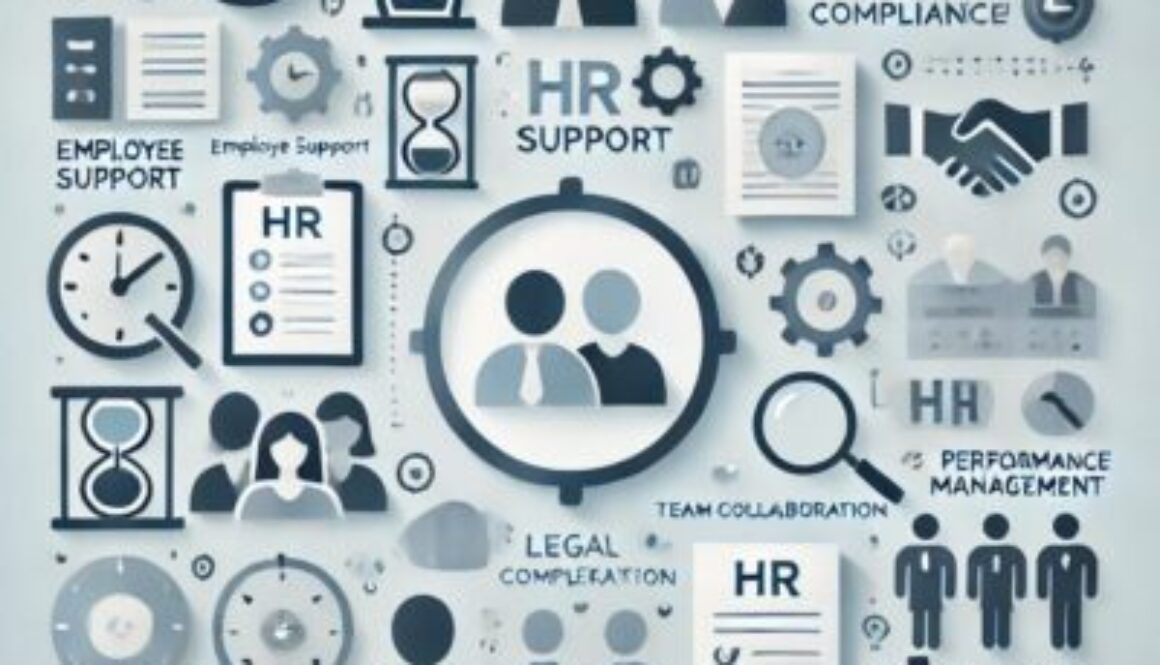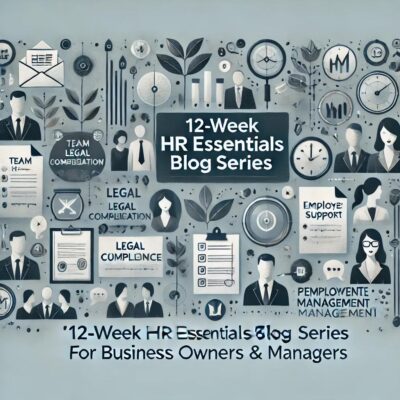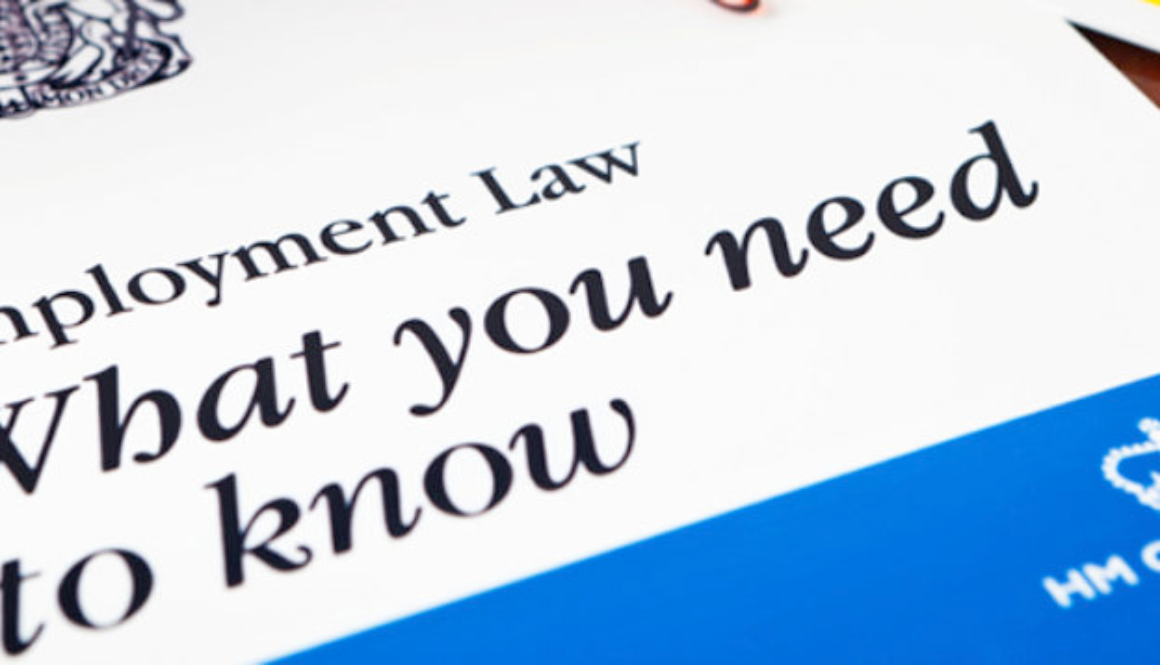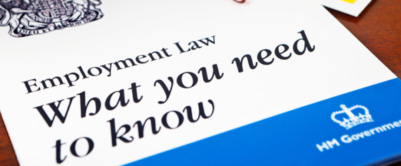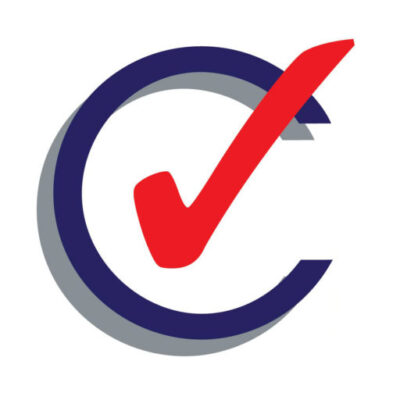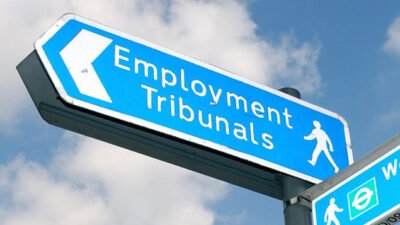The Majority of Employees Have Their Eyes on Their Next Move | Consensus HR in Herts & Beds
The Majority of Employees Have Their Eyes on Their Next Move: What Employers Need to Know
Consensus HR – Company News
Written by Matthew Chilcott – FCIPD, ACEL, Owner of Consensus HR
In today’s competitive employment market, new research reveals that the majority of employees are already thinking about their next career move. With workplace trends shifting and employee expectations higher than ever, it is crucial that businesses pay close attention to employee engagement, retention strategies, and talent management.
At Consensus HR, we work closely with businesses of all sizes to help them create effective human resource management strategies that not only attract but also retain top talent. In an environment where job security, flexible working, employee wellbeing, career development, and effective leadership are major deciding factors, employers must be proactive.
Key Findings:
Recent surveys indicate that:
74% of employees are open to new job opportunities.
56% actively look for roles that offer better career progression and work-life balance.
45% are prioritising businesses that invest in learning and development initiatives.
38% cite poor management and lack of communication as reasons for leaving.
These trends highlight the need for strong performance management, regular appraisals, clear HR policies, and consistent employee engagement strategies.
Expert Comment from Matthew Chilcott – FCIPD, ACEL, Owner of Consensus HR:
“Businesses that ignore the ambitions and wellbeing of their teams risk high turnover and loss of critical skills. Effective HR practices such as regular performance reviews, clear career pathways, and a focus on mental health at work are not optional — they are essential for business success.
At Consensus HR, we support our clients to implement practical, legally compliant, and people-focused solutions that help build strong, resilient teams. In a market where employees have choices, investing in your workforce through proactive human resource management is key to long-term success.”
What Should Employers Do Next?
Review Employee Engagement Strategies: Conduct regular surveys and act on feedback.
Offer Career Development Opportunities: Implement training programs and clear promotion pathways.
Focus on Wellbeing: Introduce initiatives to support mental health and flexible working.
Improve Internal Communication: Ensure management teams are trained in effective leadership and conflict resolution.
Conduct Regular Performance Appraisals: Use structured performance management to guide employee development.
At Consensus HR, we offer tailored HR consultancy services to help businesses stay ahead in a changing employment landscape. Our team supports you with everything from employment law compliance to management training, ensuring you create a workplace where people want to stay and grow.
🌟 Follow Consensus HR for more HR tips and business updates:
Tags: #HumanResources #EmployeeEngagement #TalentManagement #PerformanceManagement #EmployeeRetention #WellbeingAtWork #LeadershipDevelopment #ConsensusHR #MatthewChilcott
To view more about our range of HR & Employment Law Services
Are you concerned about keeping your business up to date with Employment Law changes?
Your Outsourced Human Resources (HR) Department.
For further information on any of the HR subjects we provide, please click the heading below:


